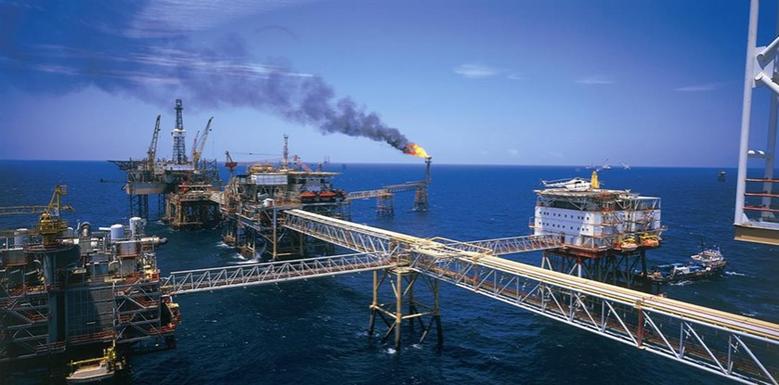
ROSNEFT WILL DRILL

Rosneft will this week drill its first international offshore well as sole operator off the south coast of Vietnam — helping the Russian state-controlled oil group gain experience that it could put to use at other projects, including some that are under western sanctions.
The drilling campaign in Vietnam, where Rosneft produces gas in a joint project with PetroVietnam and India's ONGC, comes as the Russian group hunts for new sources of oil to offset the decline at its ageing Soviet-era fields in western Siberia. The company's oil output fell 0.9 per cent last year and is expected to drop again this year.
The development of new frontiers in the Russian oil industry, including Arctic, deepwater and shale oil, has largely been stymied since US and European sanctions in 2014 blocked western companies' involvement in or supply of equipment to such projects. But these "technological" sanctions only apply to projects within Russia.
In an interview in Moscow ahead of the drilling campaign in Vietnam, Chris Einchcomb, deputy chief geologist at Rosneft, told the FT that the company was "fully compliant with any sanctions restrictions we have".
"We've always maintained that sanctions do not impact our international operations," Mr Einchcomb said. "The issue when you get to drilling is this grey area of what lessons you learn — can you bring that back to Russia? It's very difficult to sanction IP [intellectual property]."
Mr Einchcomb said that Rosneft viewed its international assets "as part of an option set we have going into the next decade to help maintain Rosneft's growth and production". He said that other possible options for maintaining the company's output — which at 5.1m barrels of oil equivalent per day is higher than any other listed oil company — included the development of under-explored areas of Russia, possibly including the Arctic, and the exploitation of Russia's enormous potential for shale oil production.
Rosneft obtained its assets in Vietnam as part of the acquisition of TNK-BP in 2013, where Mr Einchcomb previously worked.
He said that developing the project in Vietnam would help the company gain valuable experience in planning and executing offshore projects: "Vietnam is a very good opportunity to show we can meet the standards of operating internationally. That's an important element to show for any big company with big aspirations."
At a sea depth of 162m, the well that Rosneft plans to start drilling this week at Block 06.1, 370km off the coast of Vietnam, would fall within the definition of a "deepwater" project under EU and US sanctions were it in Russia.
Asked whether Rosneft would be able to carry out the project if it were in Russia under the current sanctions regime, Mr Einchcomb replied: "We're restricted by sanctions, there's the element of US technology on a lot of these drilling rigs." He said that Rosneft had contracted US-listed Schlumberger to perform well services in Vietnam.
In addition to Vietnam, Rosneft also has oil-producing assets in Venezuela and Canada. It has exploration prospects in several other countries, including in Mozambique and the US in partnership with ExxonMobil.
Mr Einchcomb said that US and Canadian sanctions against Rosneft had not affected the company's investments in those countries, but that it would be less likely to make future investments because of them. "It hasn't restricted us from applying for acreage in Mozambique, it hasn't restricted us from making applications in Norway. Nobody has said you can't do that because of sanctions," he said.
Rosneft's project in Vietnam is not directly hit by the fall in global oil and gas prices, since it sells gas only domestically at prices set by the Vietnamese government. Mr Einchcomb said the price crash had not "whetted our appetite" but that the company's approach to its international investments was long term. Last month it agreed to pay $500m to increase its stake in a project in Venezuela.
"The whole industry is going to change its wavelength — when it was $100 oil everybody was rushing into frontier stuff and if you didn't get in now you were going to lose that opportunity. Now all of that has been probably stretched 10 years," Mr Einchcomb said.
-----
More:
GAZPROM & PETROVIETNAM ARCTIC COLLABORATION





